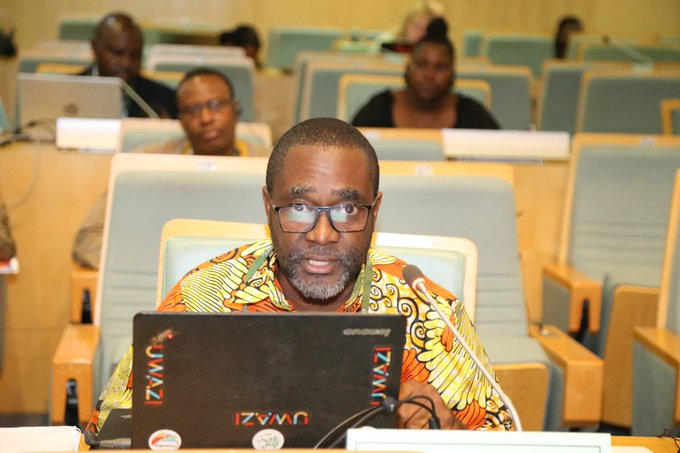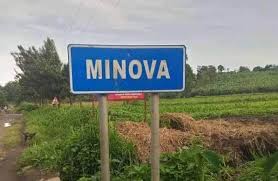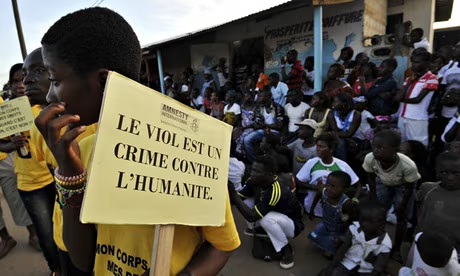Honorable Chairperson and Members of the African Committee of Experts on the Rights and Welfare of the Child (Committee),
Excellencies,
Honorable State Delegates,
Ladies and Gentlemen,
The Institute for Human Rights and Development in Africa (IHRDA) congratulates the Committee on holding its 42nd ordinary session in Addis Ababa, Ethiopia.
IHRDA is a Pan-African nongovernmental organization with the mandate to protect and promote human rights and development in Africa. Pursuant to our mandate, the IHRDA views the Committee as a close partner in the meaningful delivery of its mandate; and re-affirms both: i) its commitment to safeguarding the rights and protections provided by the African Charter on the Rights and Welfare of the Child, as well as ii) its support of the vision for an Africa Fit for Children contained in Agenda 2040.
It is in this regard that we strongly condemn the stigmatization, persecution, and abuse of children with disabilities and children with other vulnerabilities stemming from anachronistic beliefs in witchcraft. These beliefs yield practices that trample on the inherent rights, and threaten the welfare, of our African children.
While precise statistics are difficult to obtain, our evidence indicates that around 81% of so-called ‘street children’ fall victim to these beliefs in Nigeria where IHRDA has documented cases of children being separated from their families and subjected inhumane treatments. Sadly, we have also documented similar cases in rural areas in northern Ghana, where children are excommunicated to ‘witch camps’; they are forced to suffer indignities and are deprived of healthcare and education, among other rights, in deplorable conditions.
Furthermore, IHRDA joins our partners in Benin, Togo, Burkina Faso and Côte d’Ivoire in strongly condemning weak safeguards for the protection of the fundamental rights of children in those countries. In Benin, for example, from October 2020 to October 2023, an alarming 95% of approximately 35,700 reported cases of violence concerned children. During this same period, around 1,300 children were incarcerated and 103,000 children, including 53,000 girls, were homeless.
In Togo, recent statistics show that there are at least 6,000 street children, including more than 3,000 in Lomé. In Burkina Faso, reports from 2022 indicate that early marriage practices remain prevalent affecting at least 2.8 million girls, thus compromising their education, health, and personal development. In Côte d’Ivoire, according to 2023 data, most victims of gender-based violence are children, especially girls, who have survived the heinous acts of rape, sexual assault, female genital mutilation, and forced marriage.
Honorable Committee Members, we hope that you agree that none of what we have reported today describes an Africa fit for children. It is certainly not the Africa that IHRDA wants. Therefore, it is in this vein that we urge the Committee to take the necessary steps and measures in response to these continuing human rights violations against our children including:
- Conducting your own investigation mission on the issues we have spotlighted today to gain an appreciation of the widespread nature of the violations;
- Promoting the strengthening of national policies and laws to safeguard children from violence and other human-rights abuses;
- Establishing comprehensive support mechanisms for child victims of violence in the aforementioned and other countries, including safe houses, reporting mechanisms, specialized health services, psychosocial support and socio-economic reintegration programs; and
- Raising public awareness on children’s rights and harmful traditional practices against children, as well as developing appropriate interventions to ensure the safety and well-being of children, particularly girls.
Thank you for your attention. The IHRDA looks forward to continued engagement with the Committee on human rights and development issues concerning our African children.







